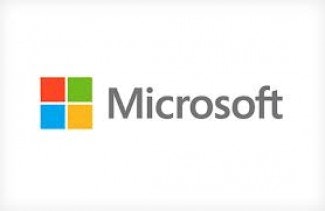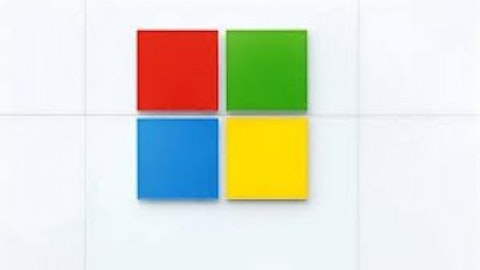
Price Cuts Are a Sign of Weakness
Microsoft recently cut the prices of its feature-lite Surface RT to $349. It is now $50 cheaper than the cheapest iPad 2. This price cut has little hope of reviving the Surface RT. The lack of apps for the Surface is a serious downside, and sales figures show the market’s reluctance. During the 2012 holiday season around 1.5 million Surface tablets were shipped. In the same quarter Apple Inc. (NASDAQ:AAPL) shipped 22.9 million iPads.
Microsoft Has a Problem With the Consumer Market
Few consumers buy the Windows operating system directly. Consumers purchase a complete laptop or desktop that comes prepackaged with Windows. Microsoft Corporation (NASDAQ:MSFT) has years of experience with this model. The company sells its software to corporations and then the software trickles down to the individual consumer. Microsoft makes the majority of its money selling to corporations, while tablets like the iPad are mainly used by consumers for web surfing and reading email.
Microsoft Corporation (NASDAQ:MSFT)’s online services division and entertainment and devices division have more experience selling directly to consumers, but year to date they only brought in revenue of $800 million and $8.3 billion respectively. In the same time frame, the company’s other divisions brought in a total of $47.1 billion in revenue. Microsoft has a return on investment (ROI) of 18.5%, and direct to consumer sales are a comparatively small portion of this number.
Apple Has the Upper Hand
Apple Inc. (NASDAQ:AAPL) has years of experience designing macs, iPods, iPads and iPhones, and selling them directly to consumers. The company runs a number of successful retail stores that allow it to tightly control the consumer experience. Its large install base helps it to attract skilled app developers.
In fiscal year 2012, Apple made $156.5 billion in sales and $41.7 in net income from operations. Unlike Microsoft Corporation (NASDAQ:MSFT), the majority of its income comes from selling hardware. Apple Inc. (NASDAQ:AAPL) has managed to generate a return on investment of 29.3% by selling directly to consumers, and the future looks very similar.
Don’t Forget Android
The lower Surface RT price will have little impact on Apple’s sales. People do not buy iPads because they are cheap. If people want a cheap tablet, they can choose a cheap Google Inc (NASDAQ:GOOG) powered Android tablet. Android has a huge install base with its dominance in the smartphone market, and app developers have a strong incentive to develop apps for the Android ecosystem.





